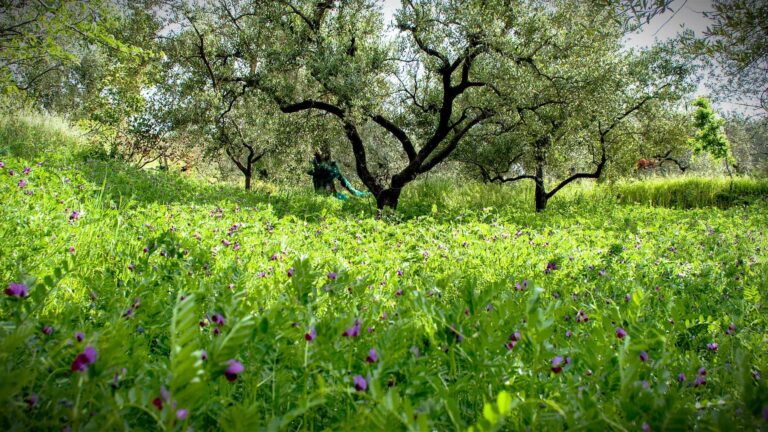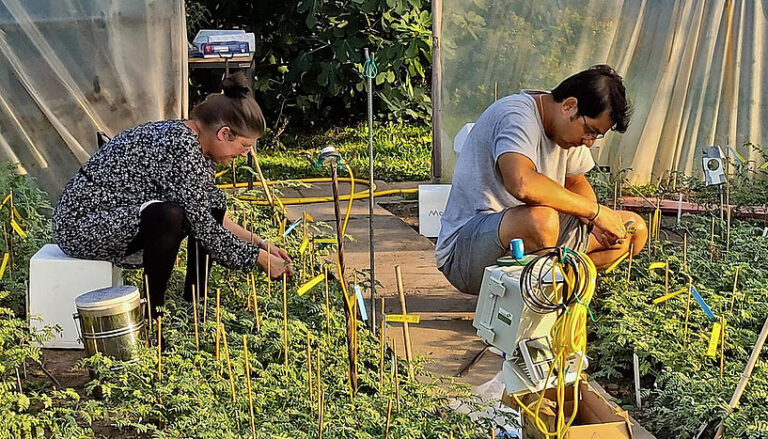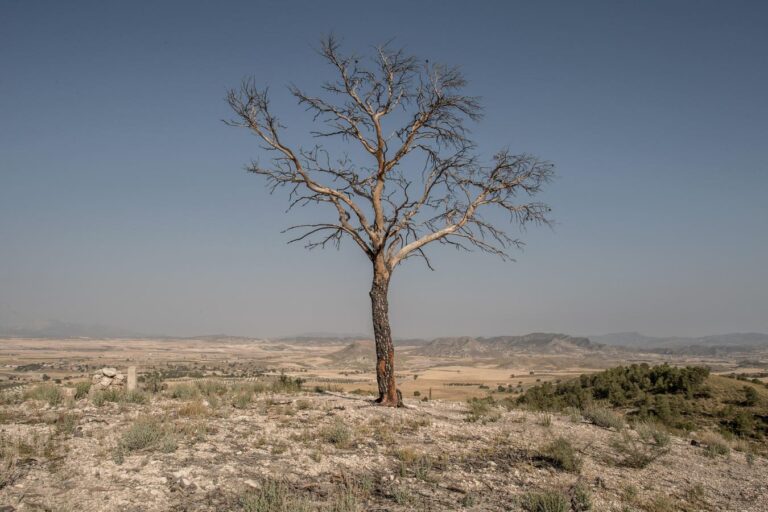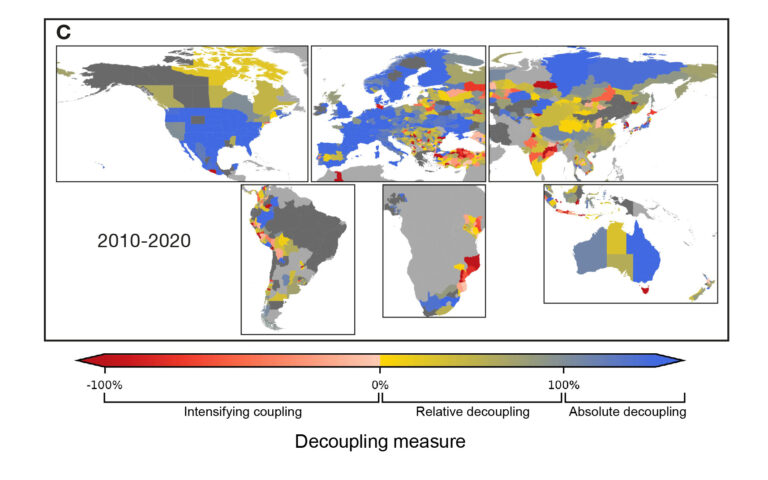Regenerating Soil Helps Tackle Water Crisis, Experts Say
In recent years, frequent and long-lasting droughts have caused severe water shortages and threatened farming production. This occurred in the complex context of climate change and its effects, in which the water crisis plays a key role.Regenerating soil benefits not only the agriculture sector but the whole community. Every farmer can immediately start doing it by…










